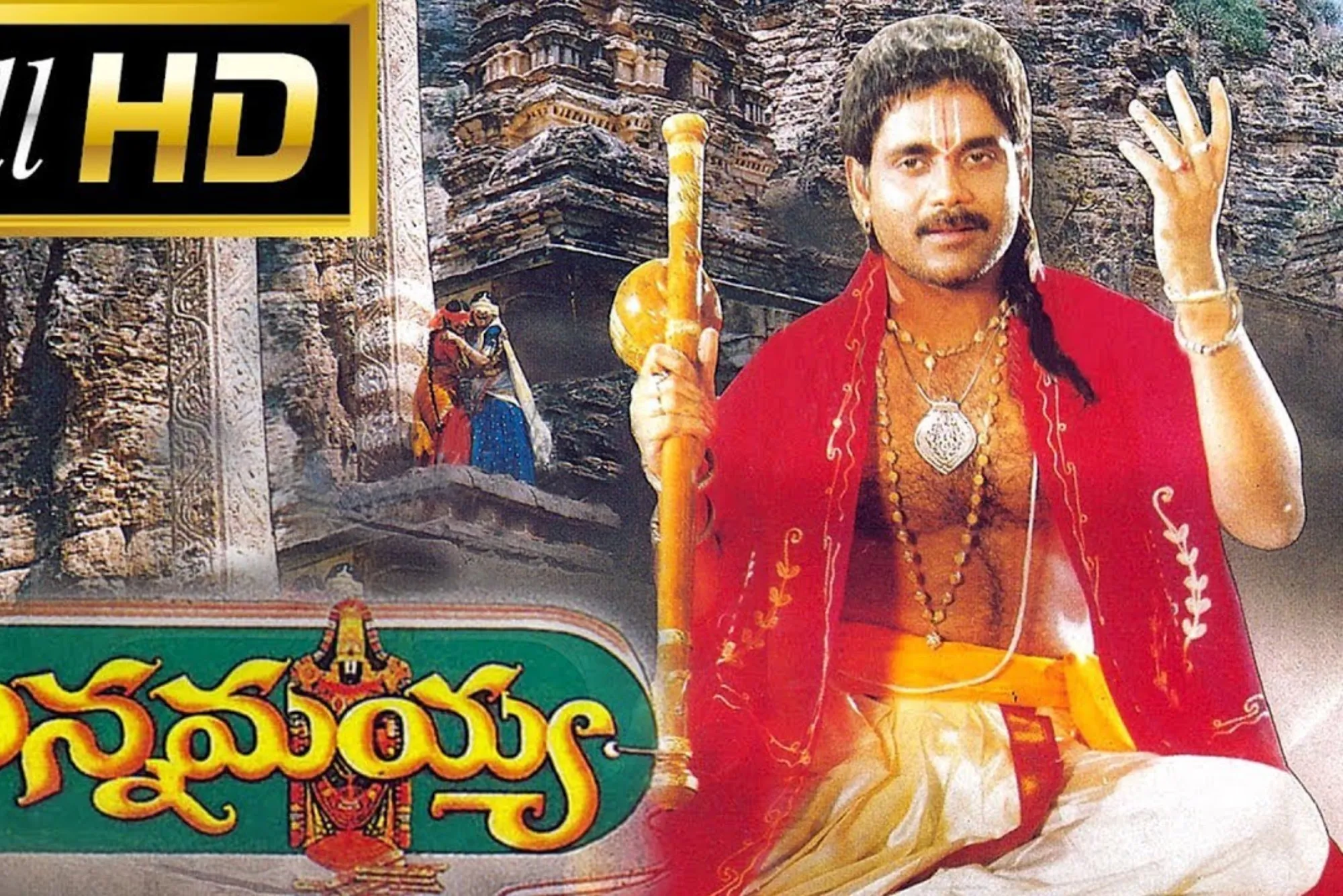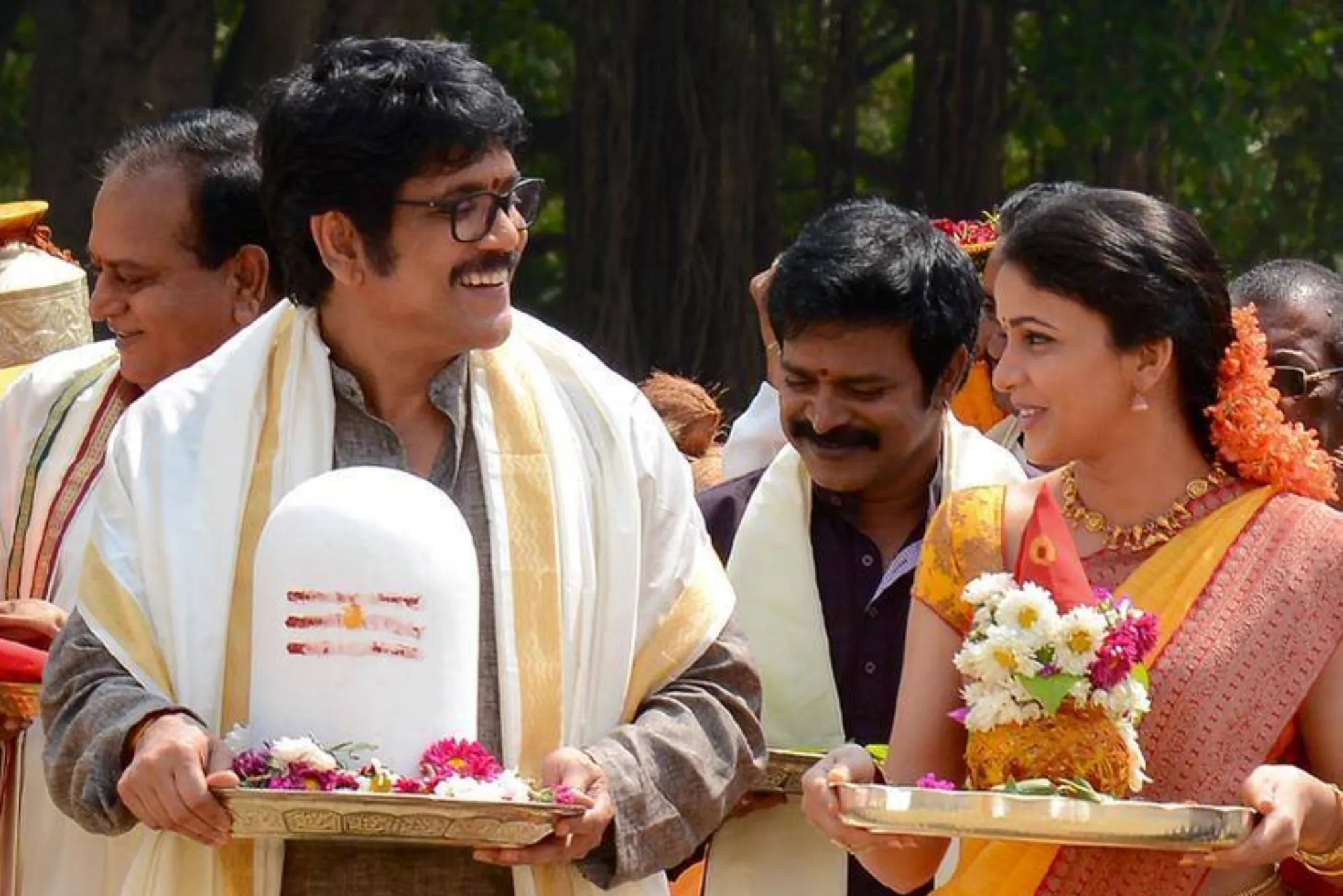Annamayya Songs, a collection of devotional hymns composed by the 15th-century saint Annamacharya, hold a significant place in the world of Carnatic music and spiritual expression. These songs, known for their deep devotion and melodic beauty, continue to resonate with audiences across generations. In today’s musical landscape, the influence of Annamacharya’s compositions can still be seen, with contemporary pieces such as naa songs varasudu reflecting the enduring appeal of devotional music.
Historical Background of Annamacharya
Annamacharya, often regarded as the “Pioneer of Telugu Keerthanas,” was a revered composer, singer, and poet whose works have left an indelible mark on the spiritual and cultural fabric of India. Born in 1408 in the small village of Tallapaka, Annamacharya dedicated his life to composing songs in praise of Lord Venkateswara, the deity of Tirumala.
His compositions, known as Annamayya Songs, capture the essence of bhakti (devotion) and have been sung in temples and homes for centuries. The timeless nature of his works is evident in how these songs continue to inspire modern-day music, including popular hits like naa songs varasudu.
The Devotional Essence of Annamayya Songs

The core of Annamayya Songs lies in their devotional fervor, which transcends time and connects the listener with the divine. These songs are imbued with themes of surrender, devotion, and the spiritual journey of the soul. Whether performed during temple rituals or at home, Annamayya Songs create an atmosphere of peace and reverence.
The devotional spirit of these songs can be seen as a precursor to the themes explored in modern compositions like naa songs varasudu, which, while different in style, still echo the timeless devotion found in Annamacharya’s works.
Musical Structure and Composition
Annamayya Songs are distinguished by their intricate musical structure, characterized by the use of classical ragas (melodic frameworks) and talas (rhythmic cycles). Annamacharya’s compositions often feature a mix of simple and complex ragas, making them accessible to both novice and experienced musicians.
The lyrical content is poetic, often reflecting the composer’s deep emotional connection to the divine. The influence of Annamacharya’s musical style can be seen in contemporary works, where elements of classical music are blended with modern sounds, as exemplified by naa songs varasudu.
Annamayya Songs in Modern Times
Annamayya Songs in Modern Times” refers to the continued relevance and adaptation of the devotional songs composed by the 15th-century saint and poet, Annamacharya (Annamayya), in contemporary culture. Annamayya is renowned for his compositions in praise of Lord Venkateswara, primarily in the Telugu language, and his works are celebrated for their spiritual depth and poetic beauty.
Key Aspects of Annamayya Songs in Modern Times:
- Cultural Heritage:
Annamayya’s songs are an integral part of Telugu culture and are deeply rooted in the devotional practices of Hinduism. They reflect the bhakti movement, emphasizing personal devotion to God. In modern times, these songs continue to be sung in temples, cultural events, and festivals, helping to preserve and promote Telugu heritage. - Musical Adaptations:
Many contemporary musicians and artists have reinterpreted Annamayya’s compositions in various musical styles. From classical Carnatic music renditions to fusion genres, his songs are being adapted to resonate with modern audiences. This includes collaborations with artists from different musical backgrounds, which helps introduce his works to wider audiences. - Digital Platforms:
The rise of digital media has significantly contributed to the accessibility of Annamayya’s songs. Platforms like YouTube, Spotify, and various music streaming services feature recordings and performances of his compositions. This digital presence allows younger generations to discover and appreciate his work. - Film and Television:
Annamayya’s songs have found their way into popular cinema and television series, often being featured in devotional films or biopics about his life. These adaptations not only bring his music to a broader audience but also help in creating visual narratives that connect his teachings and devotional spirit with contemporary issues. - Cultural Festivals and Events:
Many cultural events and festivals celebrate Annamayya’s legacy, featuring performances of his songs. Events like the Annamacharya Jayanthi or TTD (Tirumala Tirupati Devasthanams) festivals highlight his contributions, attracting both devotees and cultural enthusiasts. - Educational Initiatives:
Various organizations and institutions promote the study and performance of Annamayya’s compositions through workshops, seminars, and music schools. These initiatives aim to educate younger generations about his poetic genius and spiritual messages. - Interfaith and Secular Appeal:
While rooted in Hindu devotion, Annamayya’s songs often convey universal themes of love, devotion, and the search for spiritual truth. This has led to an increasing appreciation of his works across diverse cultural and religious backgrounds, fostering a sense of inclusivity. - Social Commentary:
Some modern interpretations of Annamayya’s songs explore contemporary social issues, linking his messages of devotion and morality to modern-day challenges. This approach allows his work to remain relevant and encourages discussions around ethics, spirituality, and community.
Impact on Popular Culture

Annamayya Songs have made a significant impact on Indian popular culture, particularly in cinema and television. These songs are often featured in films that explore themes of spirituality and devotion, bringing Annamacharya’s work to the masses.
Additionally, the influence of these songs extends beyond devotional music, with their themes and musicality inspiring various genres. Modern hits like naa songs varasudu reflect this cross-genre influence, blending traditional devotional themes with contemporary musical elements, thus keeping Annamacharya’s legacy alive.
In, Annamayya Songs represent a rich and enduring tradition of devotional music that continues to inspire and uplift listeners. Annamacharya’s compositions, with their profound spirituality and melodic beauty, have stood the test of time, remaining relevant in both religious and cultural contexts.
The influence of these songs can be seen in modern compositions like naa songs varasudu, which carry forward the legacy of devotional music into the contemporary era. As we look to the future, the timeless appeal of Annamayya Songs ensures that they will continue to resonate with new generations of listeners.










